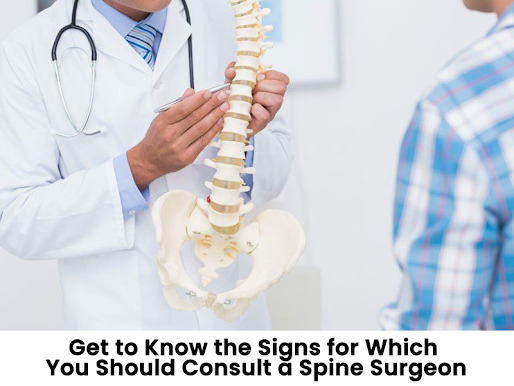Right Time to Consider a Craniotomy

A craniotomy is a procedure involving the removal of a portion of the skull to access the brain. This complex operation is often necessary for addressing various serious neurological conditions. Learning the right time to consider a craniotomy can be pivotal in ensuring optimal outcomes. Know more about craniotomy causes from a neurosurgeon. When is a Craniotomy Necessary? Brain Tumors : One of the most common indications for a craniotomy is the presence of brain tumours. Whether benign or malignant, tumours can exert pressure on surrounding brain tissue, leading to symptoms such as headaches, seizures or cognitive changes. A craniotomy allows surgeons to remove or debulk the tumour, potentially alleviating symptoms. Early intervention is crucial, as timely removal can reduce the risk of further complications. Aneurysms and Vascular Malformations : Another common craniotomy cause is to treat cerebral aneurysms or arteriovenous malformations (AVMs) that pose a risk of bleeding or str...





